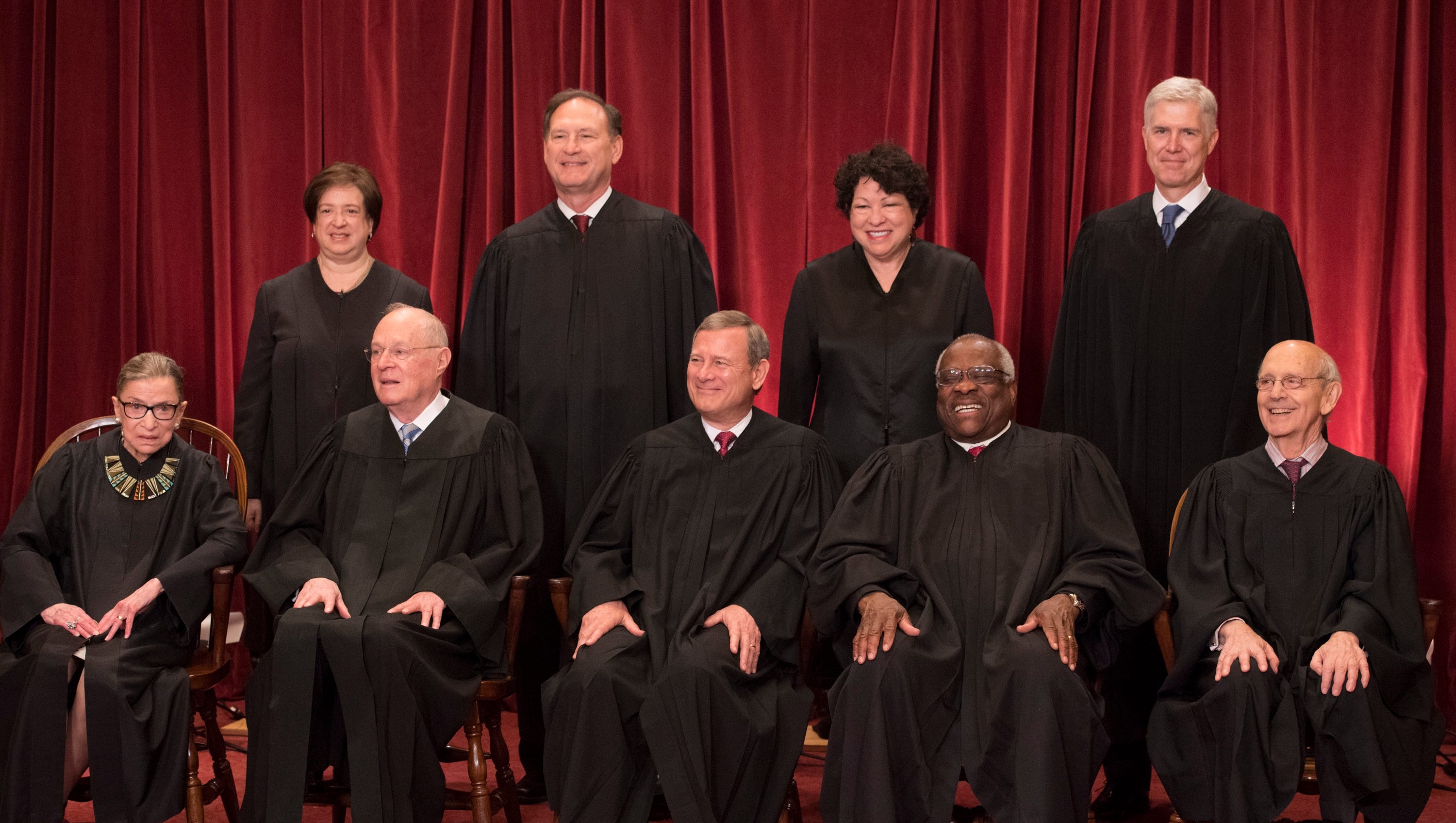
TikTok’s Enigma: Can Its Formula Conquer The Supreme Court?
In the ever-evolving digital landscape, TikTok has emerged as a cultural juggernaut, captivating the attention of billions worldwide. With its addictive short-form video format and vast user base, the platform has profoundly impacted entertainment, marketing, and even political discourse. However, as TikTok’s influence continues to grow, a pressing question looms: can its enigmatic formula conquer the hallowed halls of the Supreme Court?
Understanding TikTok’s Algorithm
At the heart of TikTok’s success lies its highly sophisticated algorithm, which personalizes the user experience by curating a tailored feed of content. This algorithm analyzes user behavior, including likes, shares, watch time, and comments, to identify patterns and preferences. By leveraging machine learning, TikTok creates a uniquely engaging experience that keeps users scrolling for hours on end.
A Legal Battleground
As TikTok’s popularity surged, so too did concerns about its potential impact on free speech and privacy. In June 2020, the Trump administration attempted to ban the app in the United States, citing national security risks. However, the ban was ultimately blocked by courts, which ruled that the government had not adequately demonstrated its justification.
In a more recent development, TikTok has faced a lawsuit from several states alleging that its algorithm promotes harmful content, including videos that incite violence and self-harm. The lawsuit argues that TikTok’s algorithm violates consumer protection laws by failing to adequately protect users from such content.
Perspectives on TikTok’s Algorithm
The debate over TikTok’s algorithm has sparked diverse perspectives among legal experts, policymakers, and the general public. Some argue that the algorithm is a powerful tool that can be used to spread misinformation and manipulation, while others contend that it is merely a reflection of user preferences.
Research has shown that TikTok’s algorithm can amplify certain types of content, such as videos that promote conspiracy theories and extremist views. However, it is important to note that this is not an inherent flaw in the algorithm itself, but rather a reflection of the diverse and often conflicting opinions that exist within the user base.
The Supreme Court’s Role
The Supreme Court has not yet ruled on any cases directly involving TikTok’s algorithm. However, its previous decisions on internet regulation and free speech provide some guidance on how it might approach the issue in the future.
In Packingham v. North Carolina (2022), the Court struck down a law that regulated social media platforms. The Court held that the law violated the First Amendment because it discriminated against social media companies by treating them differently than other online platforms.
This decision suggests that the Court is skeptical of government regulation of internet platforms. However, it is important to note that Packingham involved a law that restricted the content that social media platforms could display. It remains to be seen how the Court will rule on a law that specifically targets the algorithm of a particular platform.
Conclusion
TikTok’s enigma remains unresolved. While its algorithm has undoubtedly revolutionized the way we consume content, it also raises complex questions about free speech, privacy, and the role of government regulation. As the debate over TikTok’s algorithm continues to unfold, the Supreme Court may ultimately be called upon to play a pivotal role in shaping the future of this transformative platform.
The broader implications of the Court’s decision will be far-reaching. It will not only affect TikTok but also other social media platforms that rely on algorithms to personalize the user experience. The Court’s ruling could also have a significant impact on the future of online speech and the role of technology in society.
